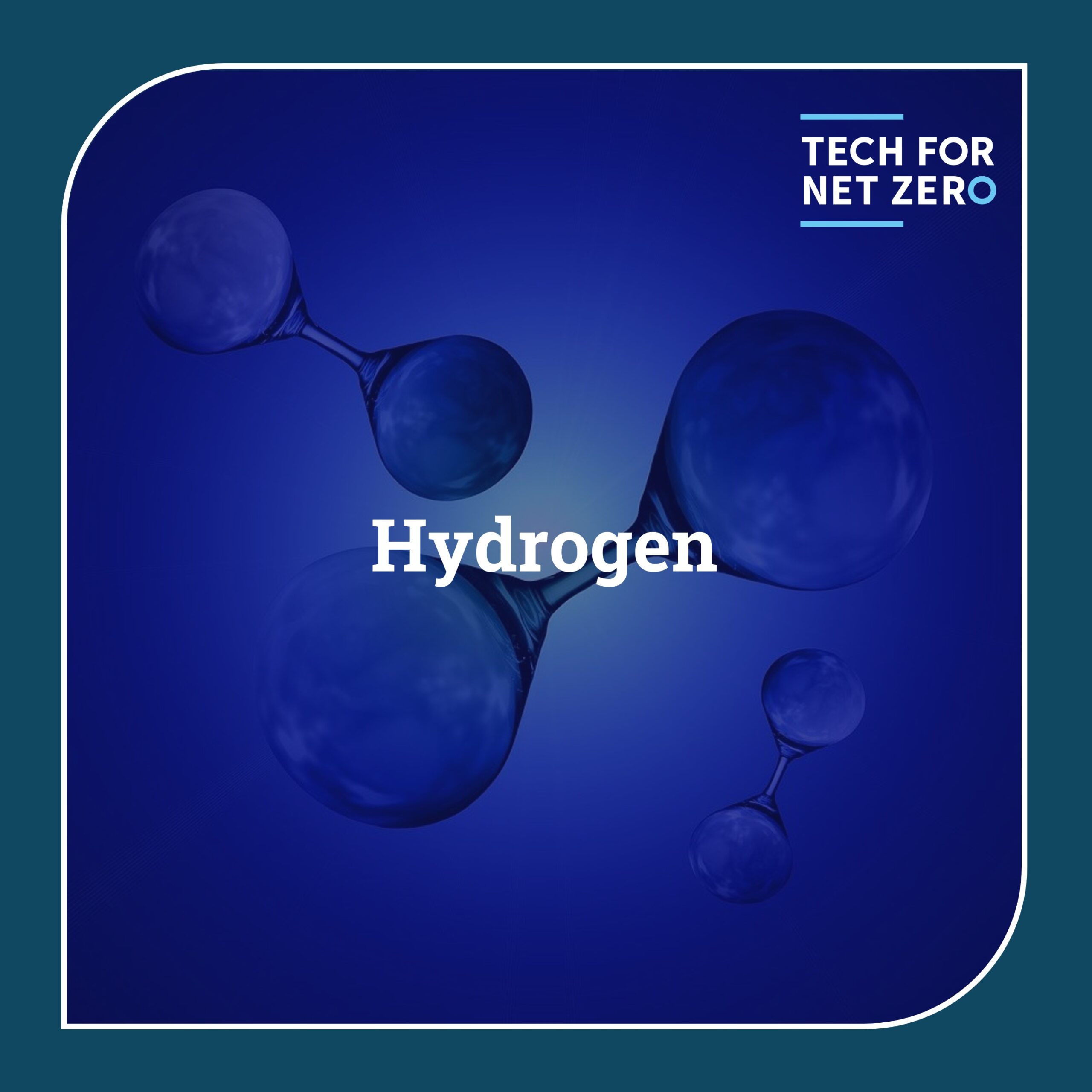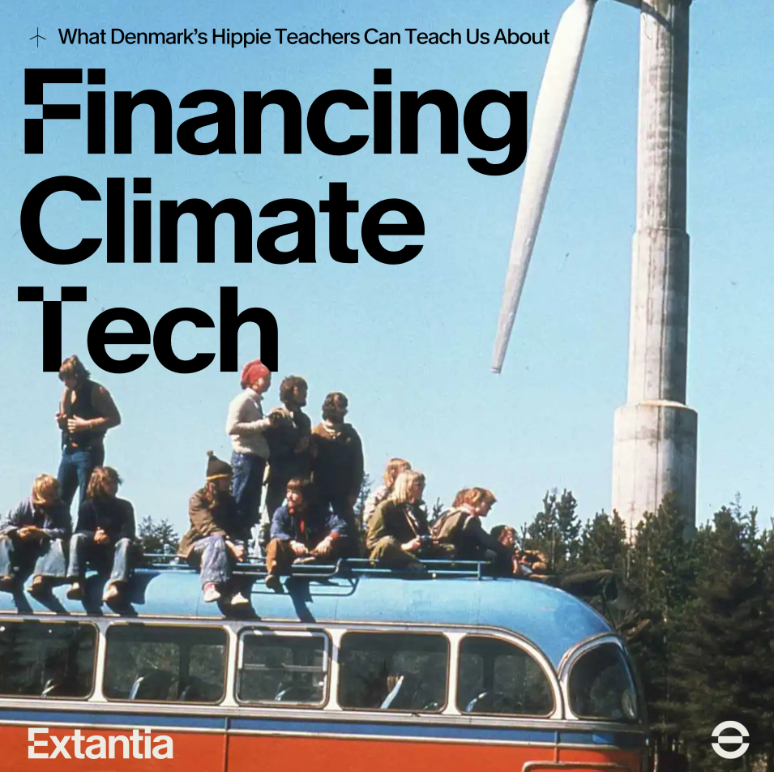Tech for Net Zero Alliance: Next federal government should provide more support for founding and scaling climate tech startups
Technical innovations are crucial on the road to climate neutrality: However, young companies in the field of climate protection still have difficulties in Germany in financing their innovative solutions. Especially in the early stages after startup, many climate tech startups lack capital, especially for investment-intensive innovations such as hardware-based climate technologies in sectors like power generation, industrial production, or mobility. The 2022 climate protection emergency program approved by the federal cabinet, worth around 8 billion euros, is an important addition to the Climate Protection Act – but does not address the needs of climate tech startups enough. The modules of the German government’s 10-billion-euro Future Fund known to date also do not yet adequately address this issue.
The Tech for Net Zero Alliance, launched by Breakthrough Energy and dena, has therefore today published a thesis paper with key recommendations for action for the upcoming German government to bring climate tech startups to market faster and enable faster scaling of their solutions.
The Alliance sees three main concrete courses of action for policymakers. For example, the high equipment and material costs of hardware startups should be publicly funded in the future through so-called Matching Grants to encourage more private investment in climate tech startups. The allocation of public venture capital, for example via the German government’s new DeepTech Future Fund, should also be extended to early-stage financing. In addition, the alliance proposes to establish CO2 neutrality as a technical requirement in public tenders to accelerate the market ramp-up and scaling of climate tech solutions.
Andreas Kuhlmann, Chairman of dena’s Executive Board, emphasizes: “Technical innovations are an important building block in achieving climate neutrality. If you want to promote innovation, you also have to promote innovation. Complementary financing via Matching Grants has proven to be a successful instrument: Private investments are doubled by public grants. For hardware startups, this minimizes technical risk, while private investors continue to bear market and implementation risk.”
Ann Mettler, Vice President Europe of Breakthrough Energy, explains: “Existing funding and investment programs do not yet sufficiently cover the high capital requirements of young climate tech start-ups. With the proposals of the Tech for Net Zero Alliance, the existing financing gap can be closed. The higher financing risk of early-stage Climate Tech startups can thus be reduced.”
Background on the Tech for Net Zero Alliance
The Tech for Net Zero Alliance was initiated by Breakthrough Energy and dena. The alliance wants to show how better structural framework conditions for innovative climate technologies can be created in order to achieve the goal of climate neutrality in Germany. In addition to the two founding institutions, the alliance has so far included 24 organizations, including climate tech startups, investors, research institutions and think tanks. The alliance is supported in terms of content by 1.5°Ventures, a climate-tech venture builder from Berlin, as content partner. The project is funded by Breakthrough Energy.






